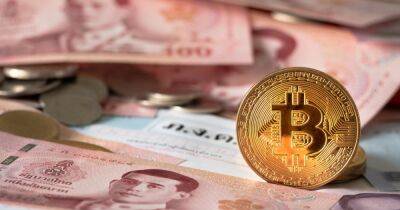Japan’s famed 100-yen shops fall victim to cost-of-living squeeze
There can’t be a household in Japan that doesn’t own a few items from a 100-yen shop – anything from chopsticks and teacups to air freshener and bin bags.
But the wildly popular discount stores – whose roots lie in the country’s long battle with deflation – are having to compromise on their USP, as soaring raw material costs, the war in Ukraine and a weak yen force companies to raise prices.
With rising prices now affecting staples such as instant ramen and sushi, the cost of living crisis is emerging as most important issue in upper house elections due next month.
Executives at 100-yen stores, where each item traditionally costs the equivalent of 60 pence, believe rising prices represent an existential threat to the ¥1tn sector.
“It’s the toughest situation we’ve ever been in,” Takeshi Miyagi, senior managing director at Initial One Hundred, which has nine discount stores in Tokyo, told the Mainichi Shimbun.
“At this rate, the delivery of stock for our stores will come to a halt. If things go on like this for more than a year, the store’s existence will be in danger.”
In addition to rising raw material prices, the yen this week fell to a 24-year against the US dollar, driving the cost of the 90% of items the chain imports even higher. In response, the store has been forced to sell selected items for ¥200 or more.
Similar pain is being felt elsewhere in the world’s third-biggest economy.
Households already reeling from the aftermath of the coronavirus pandemic pay 50% more for cooking oil than they did a year ago, and almost a third more for mayonnaise, according to the analysis company True Data. Margarine, spaghetti and white bread cost 10% more.
Sushiro, Japan’s biggest conveyor belt sushi chain, will abandon its ¥100 a plate
Read more on theguardian.com


 theguardian.com
theguardian.com



















